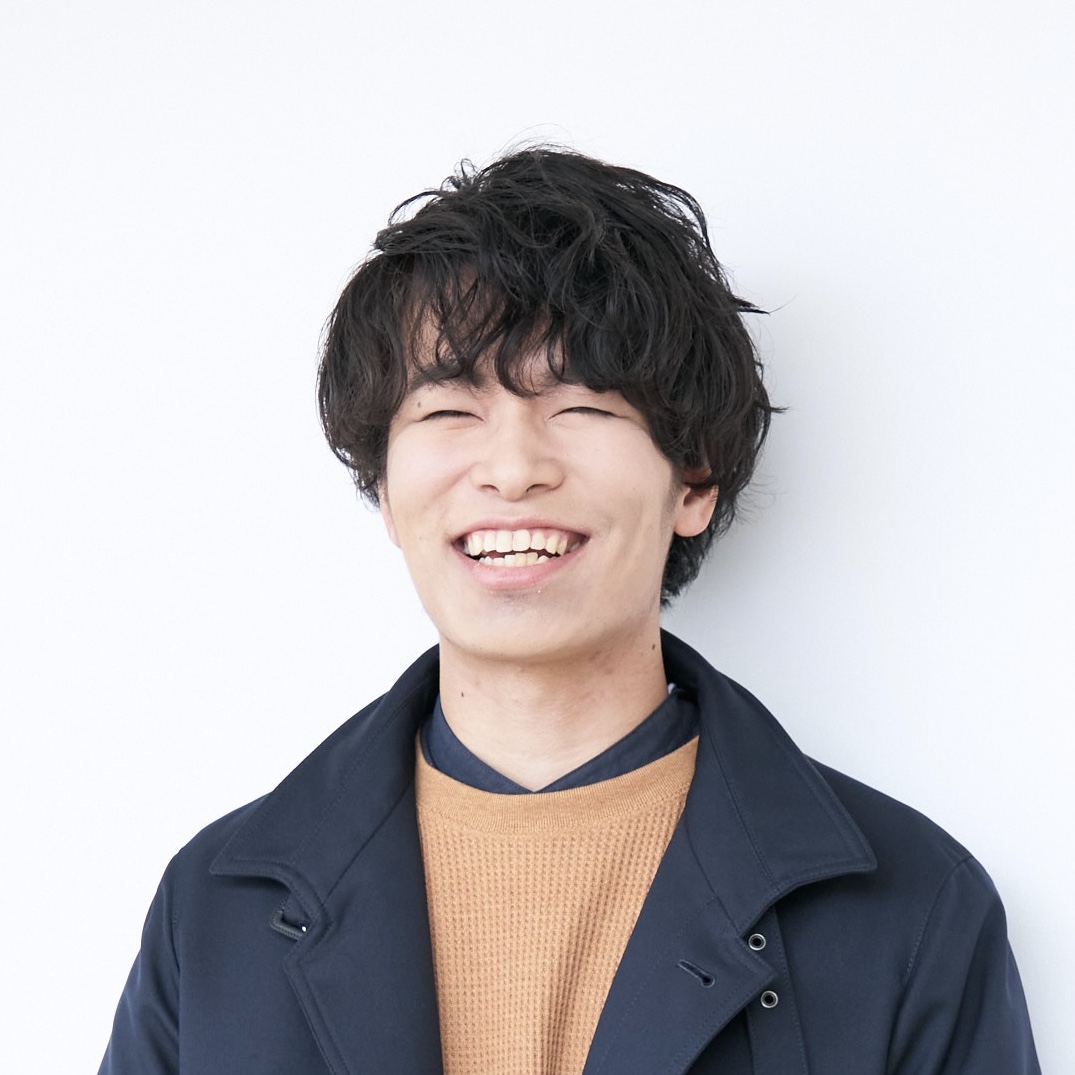What it does
WhisperMask is a noise-cancelling microphone that can pick up only your voice, even in noisy environments. It can clearly capture even whispers in loud settings like subway stations or places where others are talking nearby.
Your inspiration
The inspiration for WhisperMask came from the challenges of mask-wearing during the COVID-19 pandemic. Masks muffled voices, and in noisy environments, this often led to poor audio quality in online meetings. While COVID-19 made remote work the norm, I also noticed that people in noisy public spaces often had to shout to be heard. I envisioned a device that could capture soft voices even amidst background noise. Despite recent advancements in AI noise-cancellation, technology still struggles to isolate quiet voices when they're drowned out by louder ones. Then I decided to address the problem from a hardware perspective rather than software.
How it works
I'm developing a fabric-based microphone that can isolate your voice even in noisy environments like sports bars. Unlike conventional microphones that struggle with noise cancellation, our device can cleanly capture just your voice, even when someone is talking right in front of you or a train is passing by. WhisperMask achieves noise cancellation through a novel microphone design featuring a fabric diaphragm. Microphones typically have a diaphragm that converts surrounding sounds into electrical signals. Traditional lapel mics use a small diaphragm less than 1cm in size. In contrast, WhisperMask employs a relatively large diaphragm of about 10cm, which can only be moved by louder, closer sounds - namely, the wearer's voice. Ambient noise isn't strong enough to vibrate the flexible, face-fitting microphone, effectively isolating the wearer's voice. This device cancels out ambient noise during the recording process without relying on software processing.
Design process
The inspiration for WhisperMask came from the challenges of mask-wearing during the COVID-19 pandemic. Masks muffled voices, and in noisy environments, this often led to poor audio quality in online meetings. Initially, I wondered if we could bypass the need for vocalization altogether by using lip movements to communicate while wearing masks. This led to the development of SilentMask, a device that interprets speech through mouth movements. I proposed using accelerometers attached to masks, combined with AI, to recognize lip movements, allowing for interaction with devices like Alexa or Google Home. However, this solution had a limited vocabulary and didn't fully address the broader issue of audio communication in challenging environments. Collaborating with researchers focusing on flexible sensor technology and drawing inspiration from fabric-based speakers, I began exploring the idea of a fabric microphone. Given the structural similarities between speakers and microphones, I hypothesized that a large, fabric-based microphone would only register sounds strong enough to vibrate its surface. This concept ultimately led to the creation of WhisperMask.
How it is different
WhisperMask can cleanly capture the user's voice, even at low volumes, in noisy environments without relying on software-based noise cancellation. Instead, it achieves this through a unique approach to vibration mechanics. Traditional earbuds, while able to pick up your voice through left and right microphones, struggle in noisy settings, often forcing you to raise your voice. Throat microphones, worn around the neck, filter sound as it travels through the body, resulting in a muffled voice. In contrast, WhisperMask captures sound waves traveling through the air, producing a clearer, more natural sound. While AI-powered noise cancellation exists, it has limitations in isolating soft voices, identifying specific speakers in a group, and requiring high-performance hardware. WhisperMask, on the other hand, reliably isolates your voice in real-time, even at a whisper, through the recording process itself.
Future plans
The WhisperMask project has successfully validated core principles and filed patents. Building on this award, we're expanding research and refining our prototype, focusing on miniaturization and enhancing audio quality.
Awards
The WhisperMask project has successfully validated core principles and filed patents. Building on this award, we're expanding research and refining our prototype. Beyond masks, we're developing headsets, helmets, and other form factors, with plans to field test in medical and construction settings.



Share this page on